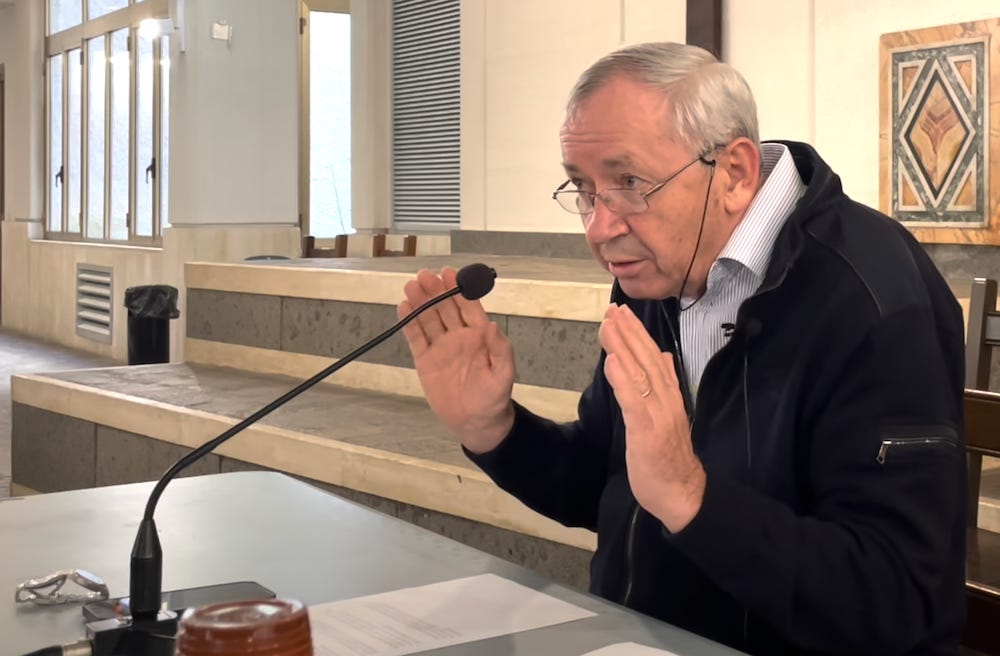The real mystery of Rome’s Rupnik report
The question is: How did the diocesan investigator get access to the files in the first place?
The Vicariate for the Diocese of Rome issued on Monday a statement on its investigation into the artistic community founded by the disgraced former Jesuit Marko Rupnik.
The statement generated considerable criticism, for lauding the Centro Aletti’s “healthy community life without any particular critical issues” and praising its members for “…

